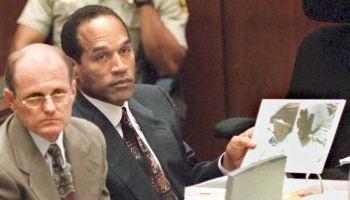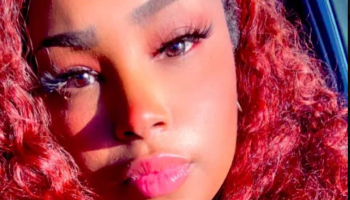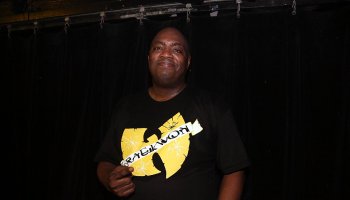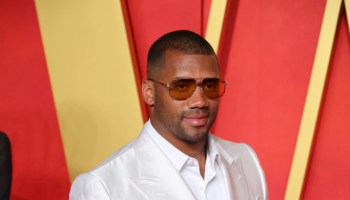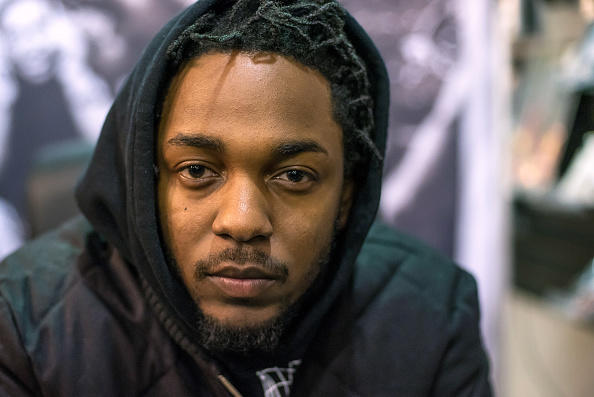
Source: Mike Pont / Getty
While always breaking new ground with his music, Kendrick Lamar has also made sure to pay tribute to the artists who’ve inspired him. Tupac’s presence was felt heavily on To Pimp A Butterfly, but in a new piece for Paper magazine, K.Dot has decided to write about a fellow Compton emcee, Eazy-E.
Read an excerpt of Kendrick’s piece below. The full text can be found at PAPER. It will appear in their upcoming NOWSTALGIA issue.
My pops would play N.W.A. records all day, every day; my uncles would play it. My older cousins would play it. And I would go outside and see the same imagery in my reality as the things they were talking about on the record. From the way these guys talked to the way they carried themselves to the type of activities that they were involved in, the whole thing was a real life introspective report from the ghetto. Looking at them and sitting inside my community, it left a big toll on me because it always let me know that no matter how far I go, I gotta stay in reach of the people and what’s going on in the neighborhood, whether it’s a harsh reality or not.
What made Eazy special was that he was telling a different type of truth, a truth that wasn’t heard in music yet. Before them, rap was fun — you had your battles and whatnot, but this time around, when it came to what Eazy wanted to do, being a visionary, he had the idea of speaking the honest truth, and I think it really resonated with a lot of people because it was the shock value of, “Okay, these guys are really standing out and focused on telling their reality, no matter how pissed off you get by it.” And it got interest from people. People actually wanted to hear it and wanted to know what was going on.
But as a kid, I really couldn’t grasp the idea that the world knew about what we’re going through in my neighborhood. I didn’t get that idea until my debut album,good kid, m.A.A.d city, came out and that’s when I truly understood how N.W.A. felt, coming from this small neighborhood but going all the way around the world and seeing these people singing these words lyric-for-lyric and understanding the trials and tribulations that are going on in the community. I understand how they feel now. It’s an inspiring thing. Once I got the idea that people are actually listening, it made me want to continue making music more.








